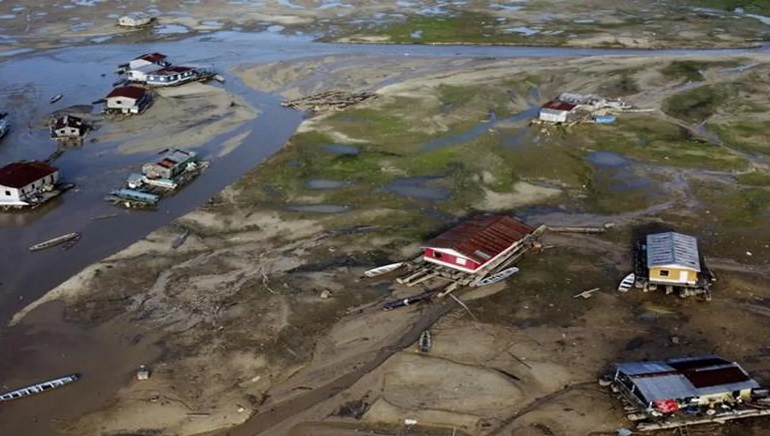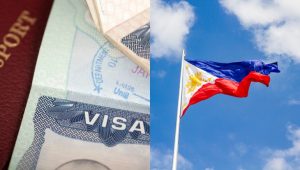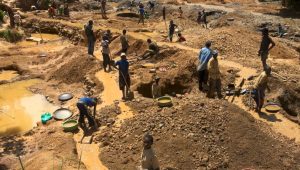Brazil’s environmental authority declined to issue a licence for a contentious offshore oil drilling project at the mouth of the Amazon River on May 17.
The decision to reject the state-run oil company Petrobras’ request to drill the FZA-M-59 block was taken “as a function of a group of technical inconsistencies,” said the agency’s head, underlining environmental concerns.
Eighty civil society and environmental bodies, including WWF Brasil and Greenpeace, had called for the license to be rejected. The biodiverse area is home to little-studied patches of mangroves and a coral reef. The activists and experts had said the project risked leaks that could imperil this sensitive environment.
In the initial presidential terms of Brazil President Luiz Inácio Lula da Silva, from 2003 to 2010, massive offshore discoveries helped finance health, education and welfare programs in Brazil. However, this changed in recent years, with the protection of the Amazon becoming an important element in the leader’s campaign to return to the presidency. Activists and experts had warned that the approval for the offshore oil project could not only threaten the natural world, but also dent Lula’s brand new image as an environmental champion.
The process to obtain an environmental license for the FZA-M-59 block began in 2014, and exploration rights were transferred to Petrobras in 2020.
Other controversial projects in the Amazon that are under discussion include repaving a highway that would cut through the preserved rainforest, construction of a major railway for grain transport, and renewal of the license of a giant hydroelectric dam.















